Search
Did you mean: Nanna?
Search Results

Video
The genius of Marie Curie - Shohini Ghose
View full lesson: http://ed.ted.com/lessons/the-genius-of-marie-curie-shohini-ghose Marie Skłodowska Curie’s revolutionary research laid the groundwork for our understanding of physics and chemistry, blazing trails in oncology, technology...
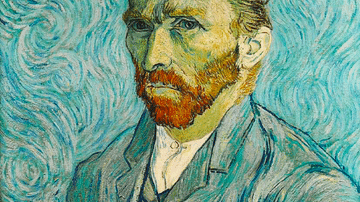
Definition
Vincent van Gogh
Vincent van Gogh (1853-1890) was a Dutch post-impressionist artist whose paintings are amongst the most popular and recognizable in history. His dramatic brushwork, exuberant palette, and mastery at capturing moments in time and light revolutionised...
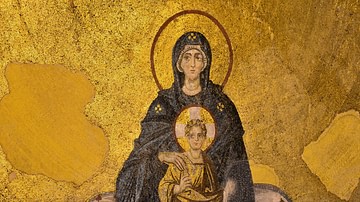
Definition
Byzantine Empire
The Byzantine Empire existed from 330 to 1453. It is often called the Eastern Roman Empire or simply Byzantium. The Byzantine capital was founded at Constantinople by Constantine I (r. 306-337). The Byzantine Empire varied in size over the...
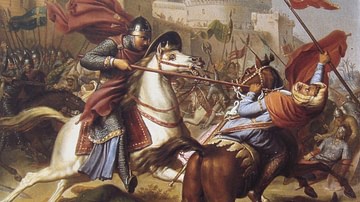
Definition
First Crusade
The First Crusade (1095-1102) was a military campaign by western European forces to recapture the city of Jerusalem and the Holy Land from Muslim control. Conceived by Pope Urban II following an appeal from the Byzantine emperor Alexios I...

Definition
Catherine the Great
Catherine II of Russia (Catherine the Great) was empress regent of Russia from 1762-1796. She was born in Prussia to Prince Christian August of Anhalt-Zerbst (1690-1747) and Princess Johanna Elisabeth of Holstein-Gottorp (1712-1760), and...
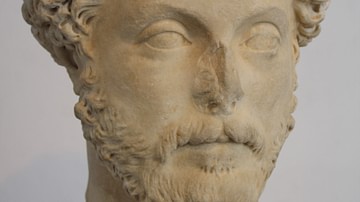
Definition
Marcus Aurelius
Marcus Aurelius (r. 161 to 180 CE) was a Roman emperor best known as the last of the Five Good Emperors of Rome (following Nerva, Trajan, Hadrian, and Antoninus Pius) and as the author of the philosophical work Meditations. Although it has...
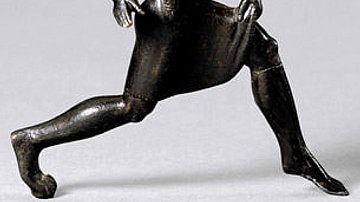
Definition
Gorgo of Sparta
Gorgo was the queen of the Greek city-state of Sparta, daughter of the king Cleomenes (r. 520-490 BCE), wife of King Leonidas (r. 490-480 BCE), and mother of King Pleistarchus (r. 480-458 BCE). Her birth and death dates are unclear as women...
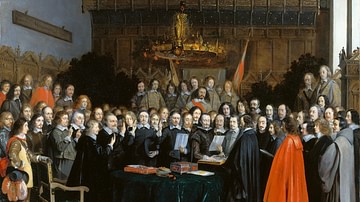
Definition
Peace of Westphalia
The Peace of Westphalia, the name given to the multiple treaties, marked the conclusion of the Thirty Years' War. Signed on 24 October 1648, it aimed to secure political autonomy for the multitude of small states that made up the Holy Roman...
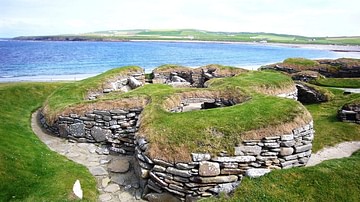
Definition
Skara Brae
Skara Brae is a Neolithic Age site, consisting of ten stone structures, near the Bay of Skaill, Orkney, Scotland. Today the village is situated by the shore but when it was inhabited (c.3100-2500 BCE) it would have been further inland. Steady...

Definition
Paul Gauguin
Eugène Henri Paul Gauguin (1848-1903) was a French neo-impressionist painter whose vivid paintings with their flat, bold colours and use of mystical and ambiguous symbols revolutionised art. Never quite gaining success in his own lifetime...